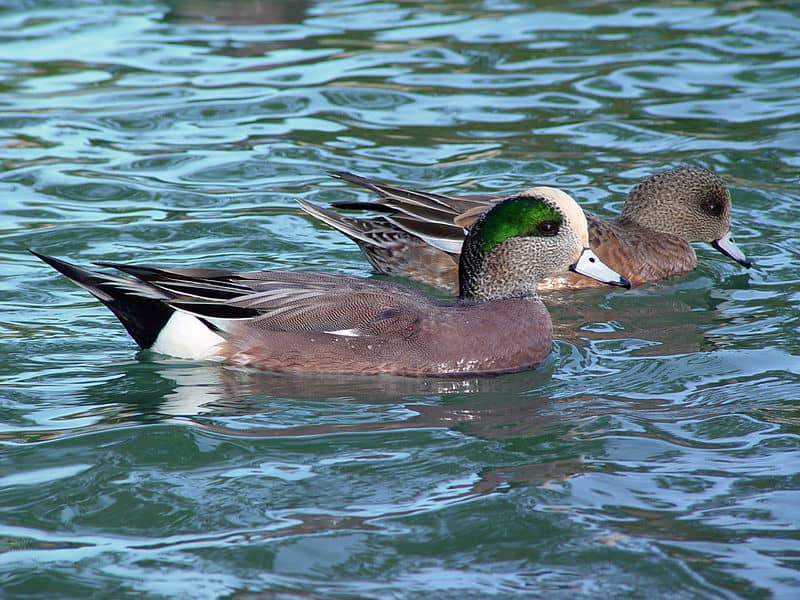Survey: North American Duck Numbers Remain Strong, Hunters Expect Good Season
OutdoorHub Reporters 07.17.13

The U.S. Fish and Wildlife Service (USFWS) recently released its Trends in Duck Breeding Populations report, a survey that measures the long-term population and habitat trends of several species of duck. The study incorporates data obtained from 1955 up through the spring of 2013.
Although the survey found that duck populations have declined six percent from last year’s numbers, the USFWS estimates there to be 45.6 million breeding ducks in the surveyed area as of the spring of this year. This number constitutes a 33 percent increase over the long-term average of 34.3 million.
The biggest factor for the success of ducks in North America remains the availability of wetland and upland habitat. Although the conditions of these habitats seemed to have improved or remained similar to those of last year, conservation groups such as Ducks Unlimited (DU) are worried that the loss of nesting ground could damage what is currently a two-decade boom in duck numbers.
“Ducks need intact wetlands so anything that affects wetlands negatively won’t be good for ducks,” DU Chief Scientist Dale Humburg told OutdoorHub. “Ducks need grass cover for nesting and if there’s no grasslands such as prairie or domestic grasses, there will be less birds. Long story short, anything that affects duck habitat affects duck production and these trends are not in our favor. Drier conditions in recent years, such as drought, are going to affect habitat for birds that migrate south. We are seeing coastal marsh lost at the rate of a football-sized piece of land per hour, if that puts things in perspective.”
Despite the ongoing concern for habitat loss, duck numbers remain strong and Humburg expects a favorable hunting season across America. Local conditions, however, can vary depending on a number of factors.
“Given favorable numbers, most folks would speculate that the fall certainly seems favorable,” said Humburg. “…with the hunting season a few months off, a lot can happen in regards to your local hunting opportunity. Whether not the weather is dry or when you go hunting can all play into it.”
The 2013 survey provides vital data for wildlife management programs across the United States and Canada, and is often the basis of decisions made by the USFWS Regulation Committee and flyway councils when time comes to set bag limits and season formats.
DU Chief Conservation Officer Paul Schmidt speaks more on the issue below:
For more information, you can visit Ducks Unlimted’s summary of the survey here.

